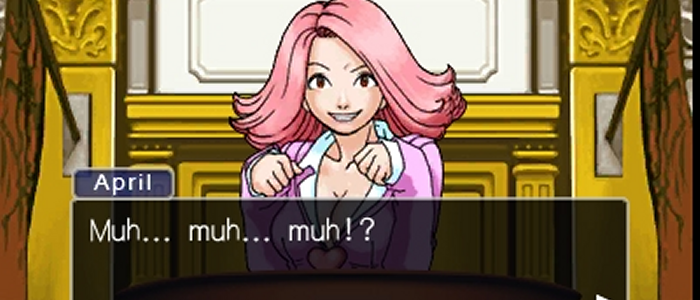Lately, I’ve been spending an inordinate amount of time dealing with goofballs like Peter Van Buren and Robby Soave — goofballs who have persuaded themselves that there exists a "right to free speech" that libertarians must defend. This has put them in the awkward position of supporting governmental expropriation of private property in the former case, and saying word miasma like "the university is failing to cultivate an environment of maximally free speech" in the latter. Both could have been avoided with a few moments’ reflection, since the abstract "right to free speech" is a nonexistent right that finds no support in libertarian theory.
This seems unusual to people, since we’ve all had it drilled into our heads since childhood that the right to speak freely is the cornerstone of democracy and apple pie and mom and so on. Now, there’s a sense in which this sort of free speech rah-rahing is correct; it is the case that the government should not be policing speech, and if what you mean by "the right to free speech" is simply that the government doesn’t lock you in a box for saying unapproved things, then, sure, libertarians will get behind that. Pretty much anything that involves fewer people locked in government boxes is a winner with us. That’s not the way libertarians use the term "rights," though; since we have this stubborn tendency to view the state as illegitimate, we tend not to view rights as reprieves granted to us through the forbearance of our overlords.


